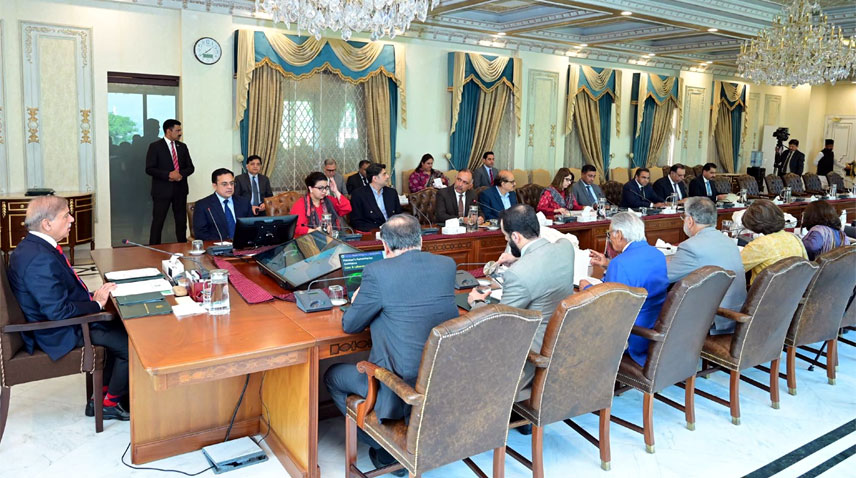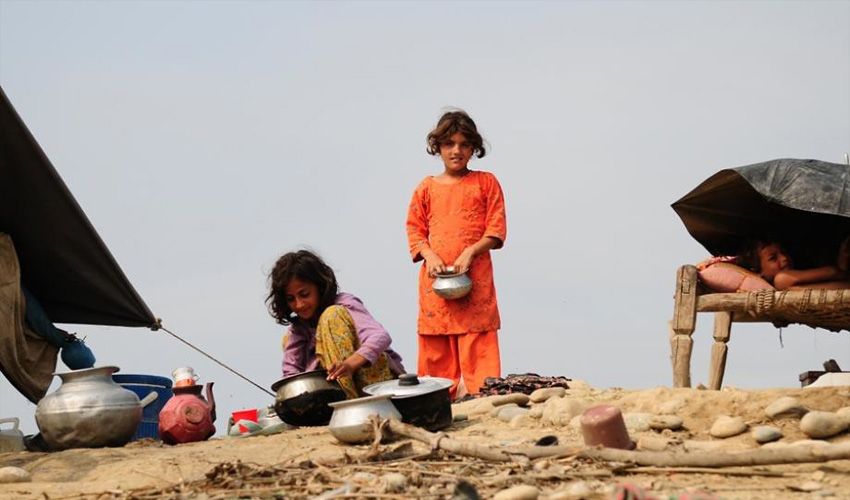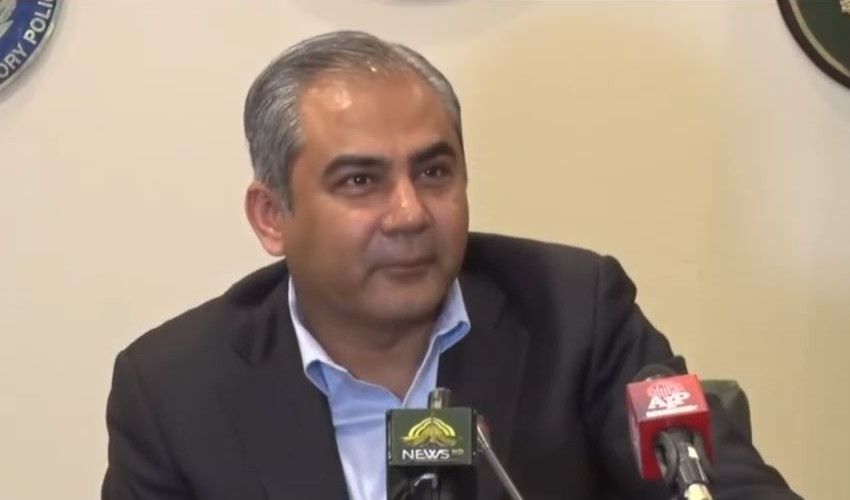Prime Minister Shehbaz Sharif has announced a "winter package" aimed at providing relief in the power sector.
Speaking during a federal cabinet meeting, the prime minister indicated that this package would bring “good news” for the energy sector, especially with the onset of winter when energy demand and consumption patterns change.
He further highlighted that a reduction in interest rates would play a crucial role in bolstering the national economy. The move is expected to lead to a significant reduction in the country’s debt burden, with an estimated relief of Rs1,300 billion, thereby stabilizing the financial sector and benefiting consumers and businesses alike.
Meanwhile, a Pakistani delegation departed for Saudi Arabia on Monday, where discussions on advancing bilateral cooperation in sectors like mining, IT, and solar energy are scheduled to take place. Prime Minister Shehbaz emphasized the strong demand for Pakistani IT professionals in Saudi Arabia and Qatar.
Additionally, the prime minister shared that Azerbaijan's president has urged forward movement on existing memorandums of understanding (MoUs) valued at $2 billion.
Also Read: Federal cabinet approves Hajj Policy 2025: Check out new quotas, packages
Earlier, the federal cabinet, chaired by Prime Minister Shehbaz Sharif, also approved the Hajj Policy for 2025. The approved draft of the Hajj policy will be forwarded to the Ministry of Religious Affairs, which is expected to officially announce the details soon. Under the new policy, a total of 179,210 pilgrims will be allowed to perform Hajj in 2025.
The Hajj package is set to range between Rs1.065 million and Rs1.075 million. The Hajj quota will be split equally, with 50% allocated to the government scheme and the other 50% to the private Hajj scheme. A computerized lucky draw will be conducted regarding the government quota.
Under the sponsorship scheme, 5,000 government and 25,000 private Hajj quotas have been allocated. Under the Hajj Policy 2025, children under 12 years of age will not be allowed to travel for the pilgrimage. Moreover, 1,000 seats will be reserved for hardship cases, and 300 others for labourers or low-income employees.


























